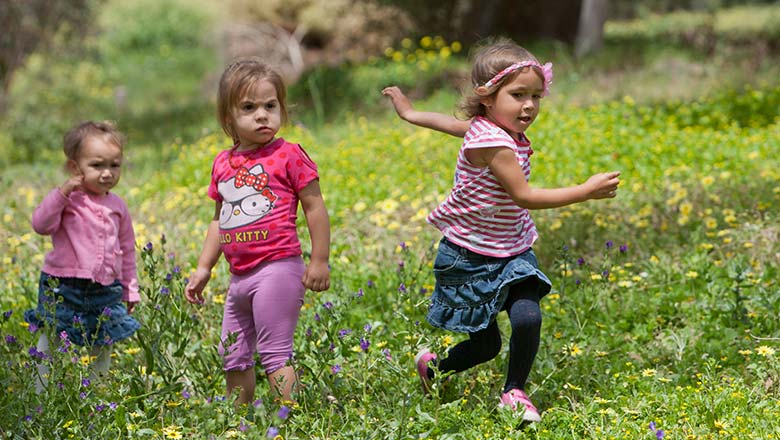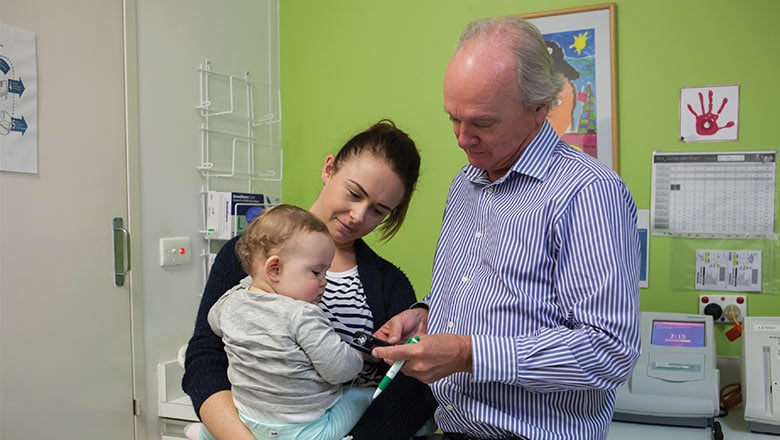Search

News & Events
Starting & staying on track10 years of work guided by The Kids Research Institute Australia has resulted in huge improvements in the development of Aboriginal children at the start of school.

News & Events
Improving the lives of kids with Type 1 DiabetesDiabetes research got a huge boost when the WA Children’s Diabetes Research and Education Centre for Research Excellence opened late last year.

News & Events
Discover Day Virtual RealityDownload these virtual reality apps to your smart phone and begin exploring!

News & Events
Video: Community Lecture - You are what you breatheOne of the world's leading respiratory experts, Professor Stephen Holgate, presented The Kids Research Institute Australia's Annual Community Lecture on Tue November 28.

News & Events
Amazing Adventurers raise $1.6M for researchThe Telethon Adventurers have had another outstanding year, distributing more than $1.6 million for research into childhood brain tumours.

News & Events
Youth Health reportResearch for the Commissioner for Children & Young People seeking the views of >1,000 young people about their experiences accessing/using health services

News & Events
Fiona Stanley: Honorary Life MembershipWe are honoured to bestow upon Fiona an Honorary Life Membership of this Institute as a reflection of our great respect, love and thanks.

News & Events
NHMRC funding awarded to support child health researchThe Kids Research Institute Australia researchers have been awarded more than $10 million in research funding from the National Health and Medical Research Council (NHMRC).

News & Events
Improving the health and wellbeing of Aboriginal KidsThe Kids created history by surveying 1 in 6 indigenous children across the State and collecting information on just how this generation is travelling.
News & Events
The value of Vitamin DResearch has shown that vitamin D levels can have an impact on many aspects of a child's health, including lung growth, language development and eating patterns
